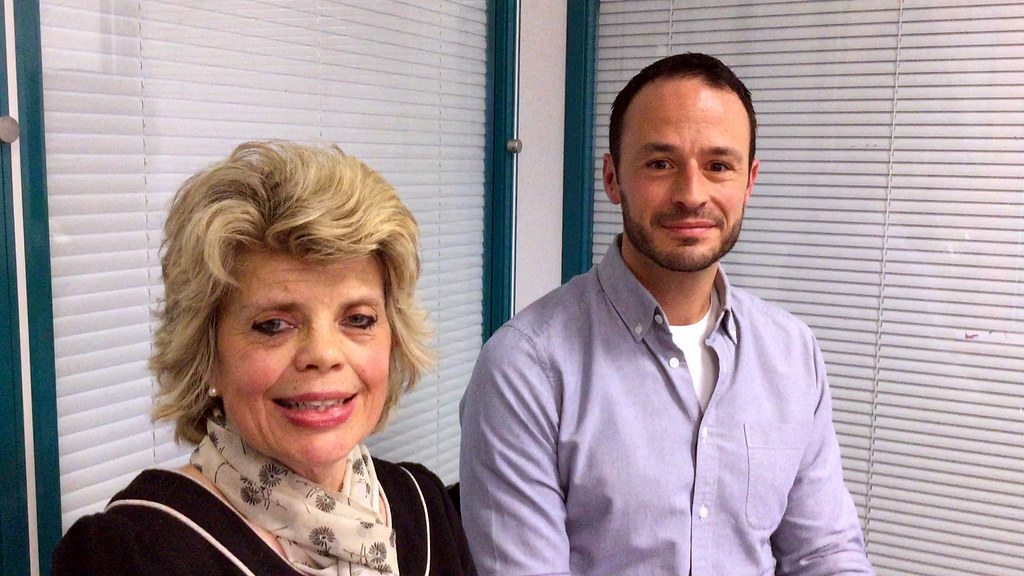If one of your New Year’s resolution has been to lose those unwanted, extra Christmas pounds, by reducing how much you eat and increasing the amount of exercise you do, you might be wondering how long you should exercise for and at what intensity.
New findings published in the Physiological Reports journal by a Bath research team show that more demanding exercise does not in itself bring health benefits you cannot get from longer but more moderate activity, which may be more suitable for people who have traditionally been less active. Providing the overall number of calories burned over a day or a week does not differ, people who have gone for what may seem like the easier option may do just as well in shedding fat and improving their health.
As part of the study, 38 sedentary and overweight men and post-menopausal women with an average age of 52 were asked to exercise five times per week and cut the number of calories consumed through food and drink. Half the participants exercised vigorously on a treadmill, whilst the other half at moderate-intensity.
Interview with BBC
Want to hear more about the research and the experience of one of the people involved in the study? BBC Radio Bristol’s John Darvall spoke to Dr Jean-Philippe Walhin and Felicity Nurdin.
Felicity, who works in the University’s library, hasn’t looked back. She lost four stone after taking part in the research.
Explaining the study
Before and after the three-week monitoring period, participants had blood insulin measured and biopsies of fat tissue taken, with surprising results. Both groups lost the same amount of weight and improvements in insulin sensitivity and metabolic health were detected in both groups, with a similar reduction in fat mass, blood pressure, cholesterol and a range of other measures. Interestingly, positive changes in the activation of genes within fat cells in both groups were also found, highlighting benefits within the fat tissue itself. The vast majority of these changes were unaffected by the intensity of the exercise.
Professor Dylan Thompson, from the University’s Department for Health, explained:
A critical feature of our experiment was that we carefully matched the groups, so all participants expanded the same calories during each exercise session and experienced the same calorie reduction by consuming less food. If you want to increase the amount of exercise you do as a New Year’s resolution, then our study shows that benefits are similar whether you choose to exercise for longer at a lower intensity, or for less time but more vigorously.
According to Dr James Betts, another of the researchers, few studies until theirs had looked into what was actually happening within the tissue that responds most to weight loss, like fat. “Whether we investigated the whole body or certain molecules within the fat tissue, the benefits from increased exercise and a reduction in dietary intake were evident, but mostly independent of the intensity of the exercise,” he said.
The report’s lead author, Dr Jean-Philippe Walhin, said: “Three weeks of increased exercise combined with a reduction in dietary intake had a dramatic impact on the overall health of the participants and on key genes within their fat tissue. However, our data demonstrates that what really matters is how many calories were used up by exercising in total, not so much the intensity of the exercise sessions."
Many people blame lack of time for not exercising, and others opt for briefer, more intensive sessions in the gym to make all their commitments fit into busy schedules. The good news from the University of Bath research is the same level of health benefits can be secured either by longer moderate-intensity activity or shorter vigorous-intensity exercise.
Dr Walhin has also written an article about the research for The Conversation.
Media coverage:

